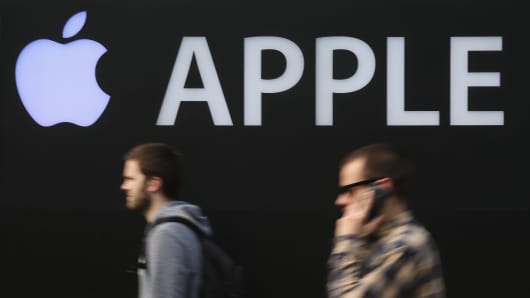One of Apple's big suppliers employed underage workers and pressured its employees to work illegal overtime, according to a Chinese workers' rights group, in the latest allegations of poor conditions at factories making the iPhone and other devices.
New York-based China Labor Watch said it sent undercover researchers into three Shanghai factories operated by Pegatron, the Taiwanese company producing the low-cost iPhone that is expected to hit the market later this year. It said they found employees under the age of 18 working 10.5 hours a day, discriminatory hiring procedures, harassment and overtime hours that exceeded Chinese limits.
Jason Cheng, Pegatron chief executive, said his company would "investigate fully and take immediate action to correct any violations to Chinese labor laws and our own code of conduct".
(Read more: Apple vs. Samsung debate: Which really makes more money?)
Apple said it had been working with China Labor Watch to address some of the violations and that the group's latest report "contains claims that are new to us and we will investigate them immediately". Its audit teams – which have audited Pegatron 15 times since 2007 – will visit the relevant factories this week.




